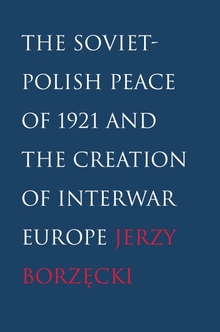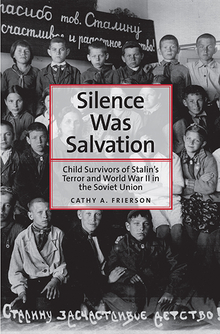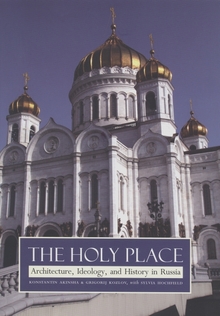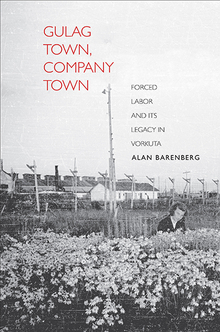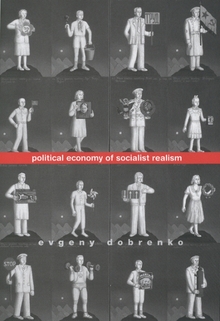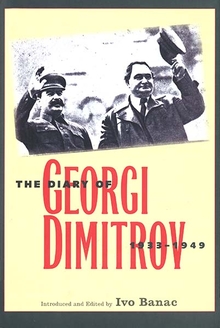The Soviet-Polish Peace of 1921 and the Creation of Interwar Europe
WARNING
You are viewing an older version of the Yalebooks website. Please visit out new website with more updated information and a better user experience: https://www.yalebooks.com
Jerzy Borzecki
“Borzecki brings tremendous new archival materials to bear on the treaty reached at Riga—an important moment in the history of European diplomacy and state-making following World War I. ”—Mark L. von Hagen, Arizona State University; author of Soldiers in the Proletarian Dictatorship: The Red Army and the Soviet Socialist State
"The Treaty of Riga constituted a major landmark in the reconstruction of Eastern Europe after World War I. . . Jerzy Borzecki's book offers a fascinating account of the tortuous negotiations between the Soviet and Polish governments between 1919 and 1921, which attempted to settle on terms of peace. More than once the work brought back memories of reading C. V. Woodward's classic study of the Peace of Westphalia. . . The real strength of the study lies in its description of the exchanges on the Soviet side between the Soviet negotiator Adolf Ioffe and the Soviet Commissar of Foreign Affairs, Georgii Chicherin. . . Borzecki's account of Soviet thought about awarding Vilnius to Lithuania is fascinating; Lithuanian historians should read it carefully and consider its significance. . . I must conclude by declaring that the work constitutes a major contribution to the history of Polish-Soviet relations."—Alfred Erich Senn, Canadian Slavonic Papers
"Borzecki has done for the Treaty of Riga what Wheeler-Bennet did for Brest Litovsk - this is the definitive history of the negotiations which brought an end to the Russo-Polish War. In great, but fascinating detail, he explores the major issues of controversy in these negotiations: the exchange of prisoners of war; the exchange of populations; and the economic settlement. . . One of the great strengths of the book is the detail Borzecki gives. . . Borzecki strives to be neutral. He is quite ready to demolish some of the myths current in Polish historiography. . . Borzecki bends over backwards to be even-handed."—Geoffrey Swain, Europe-Asia Studies
‘Well-researched…[deserves] a secure place in the historiography of a war and a treaty that should be
better known and understood in the English-speaking world.’"The detail and wealth of information provided, based on use of Polish and Russian archives, as well as the use of documentary collections published in English, Russian, or Polish, ensure the academic value of this book."—Vasilis Vourkoutiotis, European History Quarterly
Publication Date: April 1, 2008
16 b/w illus. + 6 maps

